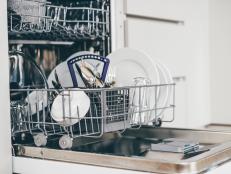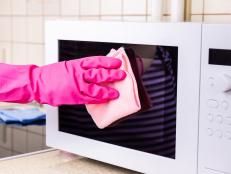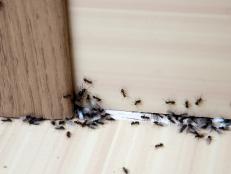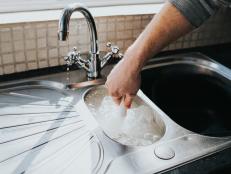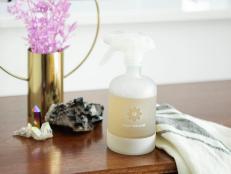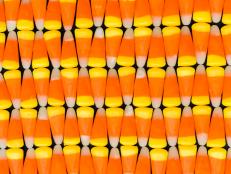The Right Way to Clean Your Cell Phone
How often should you be cleaning your device, anyway?


d3sign/Getty
What steps can you take to reduce germs in your home? A great place to start is your cell phone. Not only does it touch your face, but the device is also a proven hotbed for germs. One 2017 study discovered that a sample of 27 mobile phones contained E. coli, Staphylococcus aureus and Streptococcus, among other bacteria and viruses. This is likely because of the high transfer efficiency of acrylic and glass, which are used to make cell phones and cases.
If you like to bring your phone into the kitchen to pull up recipes when cooking, it’s extra important to clean your phone more frequently, according to Charles Gerba, a microbiologist at the University of Arizona with the apt nickname Dr. Germ. “We studied viruses on over one hundred phones a few years ago, and found the most bacteria on the phones of teenagers — and cooks in restaurants,” he says. “Cooks are probably getting bacteria on their hands all the time from touching raw food products.”
Because your phone goes everywhere with you Gerba recommends cleaning your phone “anytime after you have been in a public place.” Here’s how to clean your phone the next time you get cooking.
- Remove your phone from its case and turn it off.
- Gerba recommends using an alcohol-based, disinfecting wipe to clean both your case and phone. The ones from Purell, Clorox or Lysol will do — just ensure that it’s 70% isopropyl alcohol, per Apple’s guidelines. For the cleaning to be effective, your device must stay wet for a few minutes. “For quat-based (potent disinfectant chemicals commonly found in disinfectant wipes) disinfectants, it varies from one to 10 minutes depending on the microorganism. You need to read the label – it varies with the formulation of the disinfectant.” For example, Lysol recommends four minutes.
- Avoid getting moisture in any phone openings, and never spray a cleaner directly onto the phone or use a heavy-duty commercial cleaner like bleach. This could damage your phone. Openings are usually covered by your case, and are not points of contact for your hands and face, so it’s not necessary to wipe them.
- Allow your phone to dry fully and put the case back on.
It should go without saying, but wash your hands thoroughly and often (remember the 20 second rule). What’s on your hands will inevitably transfer to your phone. And if you’re feeling extra cautious, use a headset.
Related Links:






















